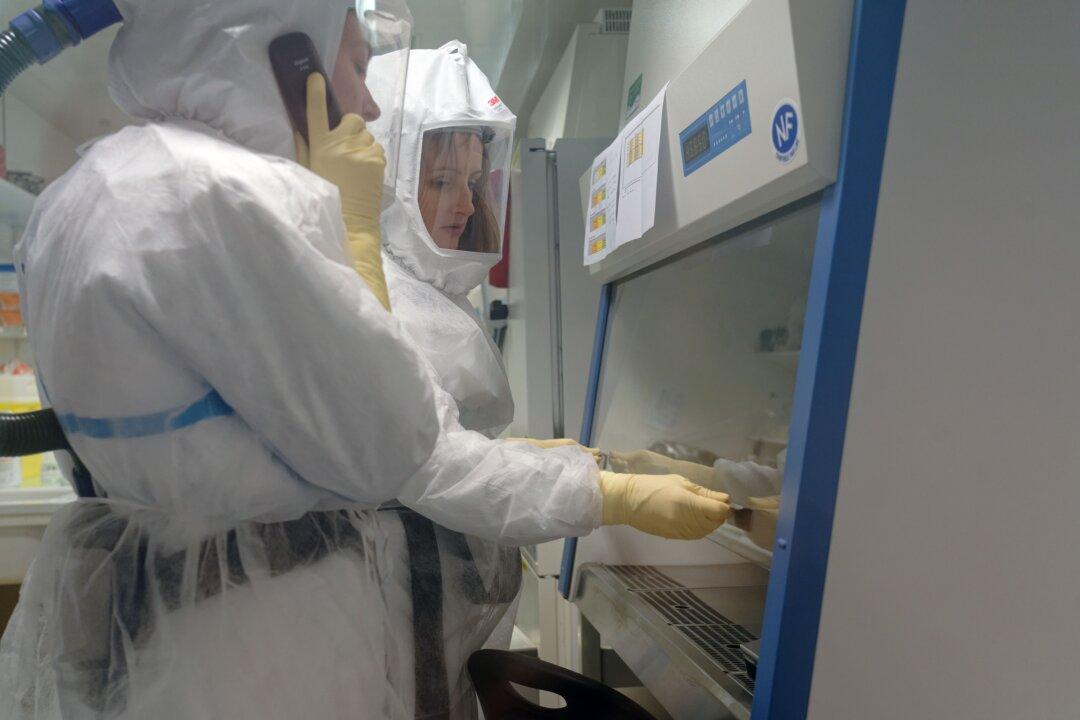Over a dozen lawmakers on Thursday asked the Trump administration not to license any COVID-19 vaccines that are developed while also requesting requirements to ensure the price of any vaccines don’t reach excessive levels.
The members of the House of Representatives said in a Feb. 20 letter to President Donald Trump that they’re proud the United States is a leader in developing a new vaccine and treatments for the new coronavirus, which causes a disease that has killed thousands worldwide, primarily in China. But any vaccine or treatment funded by U.S. taxpayer dollars shouldn’t be exclusively licensed, the lawmakers wrote.





